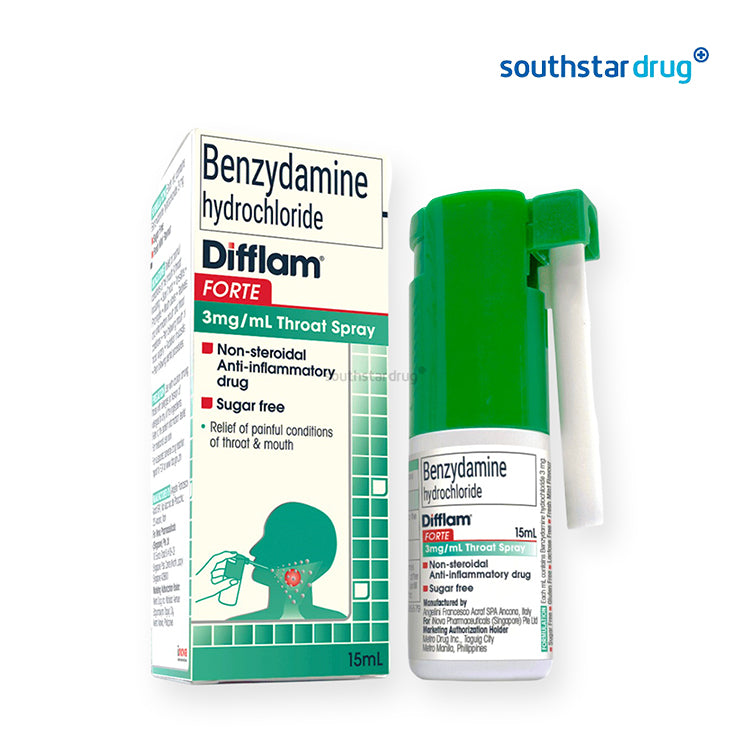Measles, or tigdas as it is known in the Philippines, is a highly contagious viral infection that primarily affects children but also affects adults, who are at a high risk of complications. Despite being preventable through routine vaccination, measles has proven to be a continued threat to public health, with recent notable outbreaks occurring in the Philippines resulting in hundreds of deaths. Smaller outbreaks occur periodically, especially in communities with low immunization rates.
Knowing what causes measles and how to prevent and treat it are critical for keeping your family safe. If you suspect a case of measles in your household, please get in touch with your doctor, preferably over tele-consultation to avoid spreading the illness further.
What Causes Measles?
Measles is caused by the measles virus, which spreads through respiratory droplets that propagate when an infected person coughs, sneezes, or talks. The virus can also survive for up to two hours outside of the human body, persisting in the air and on surfaces. The high survivability of the virus makes it easy to contract and spread measles, particularly among unvaccinated individuals. Young children are especially vulnerable but adults can also contract measles and are at risk from additional complications.
Overcrowding and poor sanitation can further increase measles risks in populations. In particular, densely populated areas in the Philippines are at elevated risk of serious measles outbreaks. Immunization with a combination of measles, mumps, and rubella or MMR vaccine is a standard intervention in the Philippines and much of the world, helping prevent and mitigate the spread of the virus.
What Are the Symptoms of Measles?
Measles symptoms typically appear 10 to 14 days after exposure, with patients able to spread the virus before signs appear. Early signs include but are not limited to a high fever, cough, runny nose, and red watery eyes.
Meanwhile, signature symptoms of measles may include small white spots known as Koplik’s spots appearing inside the mouth and a red, blotchy rash that begins appearing on the face and spreads to the rest of the body.
What Are the Common Complications of Measles?
Thankfully, most infected individuals will recover from measles without any long-term effects. However, the disease can lead to severe complications, particularly in pregnant women, very young children, individuals with weakened immune systems, and young adults.
Common complications include but are not limited to ear infections, diarrhea, dehydration, and pneumonia.
Measles is also associated with other serious complications:
- Encephalitis or swelling of the brain. This also includes an elevated risk of subacute sclerosing panencephalitis (SSPE), a rare but fatal condition that affects the nervous system years after the initial measles infections.
- Pregnant women infected with measles are at risk of premature labor and low birth weights for their babies.
If you see the above-mentioned symptoms in yourself or in a loved one, contact a doctor immediately. Consider a teleconsultation at first to further reduce the potential spread of the virus and only visit a clinic or hospital when absolutely necessary.
What Tests Do Doctors Use for Diagnosis?
Testing for measles involves checking the clinical symptoms and the patient’s possible history of exposure. Doctors will usually look for characteristic signs of measles such as the aforementioned Koplik’s spots and a rash that starts on the face and spreads to the rest of the body. The doctor may also request for confirmatory blood tests and throat swabs to definitively confirm the presence of the measles virus.
How Do You Manage and Treat Measles?
While the MMR vaccine exists to prevent or reduce the severity of infection, there are currently no readily available antiviral treatments for measles. Management of the illness primarily focuses on relieving symptoms and preventing further complications. Once your physician has made an official diagnosis, they may recommend the following:
- Rest
- Hydration to prevent diarrhea
- Over-the-counter medications to reduce fever and alleviate discomfort.
- Diet changes or vitamin-A supplements in specific cases to reduce the severity of symptoms.
Hospitalization is rarely needed but may be necessary for patients experiencing complications or severe symptoms.
Prevention Is Your Best Move Against Measles
The most effective way to prevent measles is through vaccination. Combination vaccines like the Priorix MMR vaccine are often used to ensure both individual and community immunity. Vaccination for children is done in two stages, generally at 12 to 15 months of age, with the second dose at 4 through 6 years of age. Apart from vaccination, practicing frequent handwashing, sanitizing frequently touched surfaces, and minimizing close contact with infected individuals can help reduce the risk of catching and transmitting the virus.
What to Do During a Measles Outbreak
In the event of a reported measles outbreak, take immediate action to prevent infection and avoid exposing your family to the virus. If you have the symptoms described above, self-isolate and contact a physician for a tele-consultation. If you or members of your household have not been vaccinated, ask your doctor about scheduling vaccinations.
Keep Your Family Safe from Measles
Measles continues to affect Filipino communities but you can keep your family healthy by staying responsible. Make sure everyone in your household is immunized, especially at-risk individuals like young children. If there are infants or toddlers in your home, you can read this expert post on preventing and treating measles in babies. Also, make sure to keep surfaces at home sanitary to prevent the spread of the measles virus and other pathogens. Let’s work together to promote awareness of measles and support community-wide immunization efforts for a safer Philippines.












